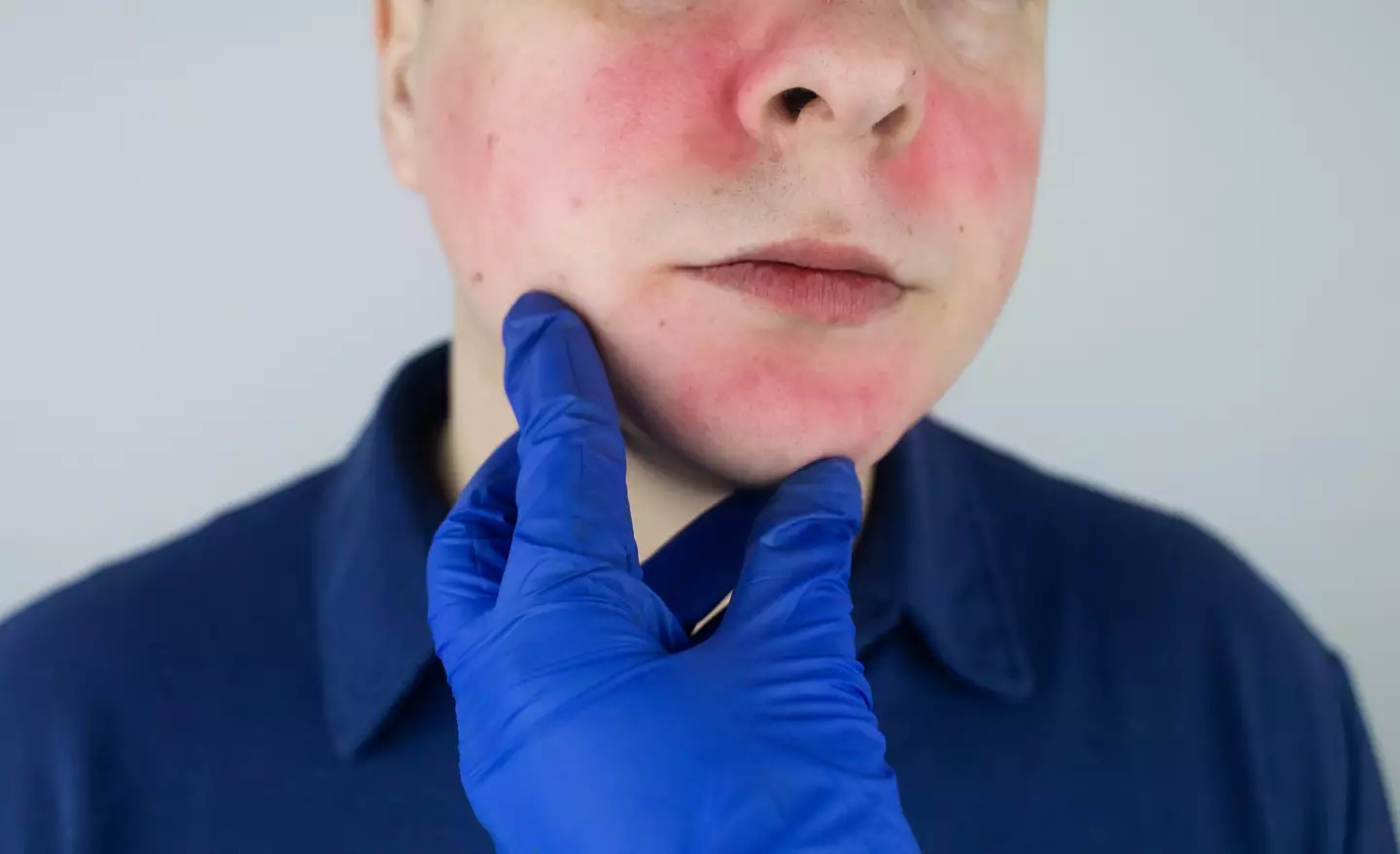
Fans of a cheeky tipple have been issued a warning by health experts who claim there's a link between alcohol and a certain strain of cancer.
A somewhat lesser-researched variation, pancreatic cancer is commonly diagnosed in individuals aged 65 and over.
Several factors have been known to increase the risk of the brutal health blow, including smoking, obesity and diabetes. Chronic pancreatitis is also considered a common risk factor, along with a family history of pancreatic cancer.
According to emergency medicine expert Dr Michael Mrozinski, however, there's an physical indicator exhibited in certain alcohol drinkers that implies they're at a heightened risk of receiving a pancreatic cancer diagnosis.
Advert
Known as 'flushing', many frequent boozers experience either a slow or sudden reddening of their face when intoxicated.

Speaking on Instagram recently, Dr Mrozinski gave a scientific explanation for the process, revealing that 'flushing' after consuming alcohol is a sign that a liquid called acetaldehyde has built up in the body.
If it occurs every now and again, the Scottish doctor says that the worst that will happen is the substance will make you feel 'like crap'.
"You will get a headache," the added. "You will feel nauseous you can get your heart racing all that stuff
When reddening occurs to an extreme degree, however, Dr Mrozinski says this phenomenon indicates that this toxic substance has reached potentially harmful levels.
Genetics expert and registered dietitian Dr Yiannis Mavrommatis previously discussed this risk, in which he said of flushing: "Symptoms typically start shortly after alcohol consumption, with facial flushing and warmth, headaches and dizziness.
"In more severe cases, this can escalate to nausea and vomiting, heart palpitations and difficulty with breathing.'
Over time, Dr Mrozinski explains that excessive acetaldehyde can be 'very toxic to the organs in your upper GI tract like your stomach, oesophagus or pancreas'.
The medic went on to explain that if you're partial to 'flushing' whilst drinking, 'you are at risk of types of cancer like stomach cancer, esophageal cancer and possibly pancreatic cancer'.
He's now asking frequent flushers to reconsider whether or not they intend to continue drinking. "If you are at an increased risk of those types of cancer and you do flush then it is something you need to think about," he warned.
The reason why Dr Mrozinski emphasises that only certain drinkers are more vulnerable to a cancer diagnosis because of 'flushing', is because certain genes have reportedly proven capable at disposing of acetaldehyde.
These individuals boast a gene that instructs the production of enzyme aldehyde dehydrogenase. This breaks down acetaldehyde, and sees the person prevent the reddening of their faces as a result.
Topics: Alcohol, Health, NHS, Cancer, Life, Real Life, True Life